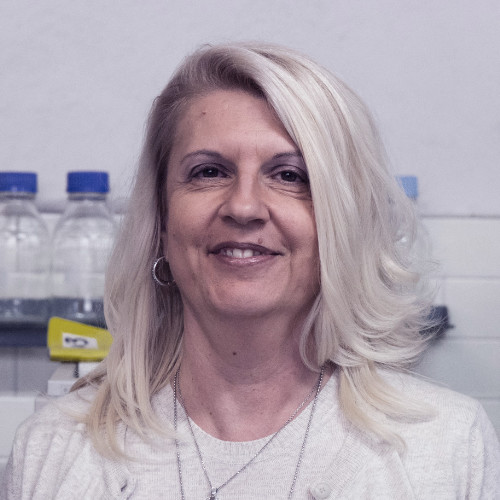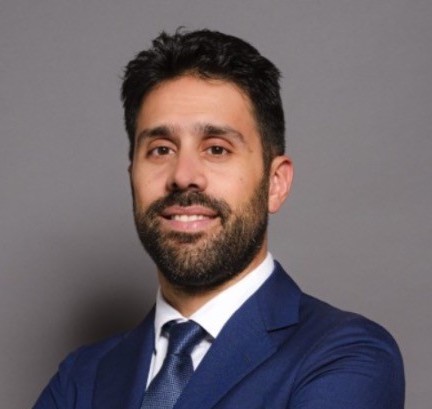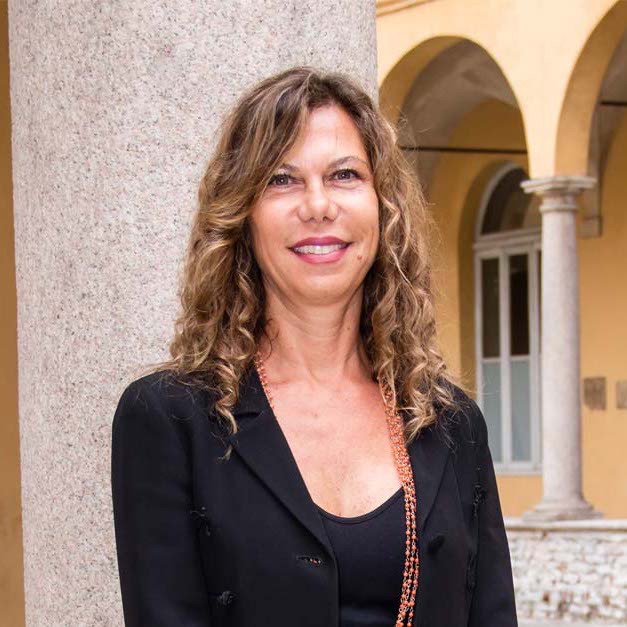Funded under the National Recovery and Resilience Plan (NRRP), Mission 4 Component 2 Investment 1.3, Theme 10.
Università degli Studi di Pavia
Università degli Studi di Pavia
Highlights
The University of Pavia (UNIPV) was founded as a Studium Generale in 1361 by Holy Roman Emperor Charles IV, with permission by Pope Boniface IX. Medicine was one of the original four faculties.
Currently, there are three hospitals associated with the University. Notable faculty members such as Alessandro Volta, Antonio Scarpa, Nobel Laureate physician Camillo Golgi and other Nobel Prize winners have served in this University. Today UniPv hosts 26K students, 1.8K staff members, and 1.8K international students.
Leader of the spoke
Tackling malnutrition
To restore resilience and defeat malnutrition
Participant in the spoke
Leader of the work package
People involved

Adele Papetti
Associate Professor
Alfredo Ferrante

Andrea Iurato
Researcher at University of Pavia
Anna Tagliabue
Antonio Di Sabatino
Barbara Vigani
Carola Ricci
Cinzia Ferraris
Federica Lepore
Federica Villa
Flavia Magri
Giordano Lanzola
Giuseppina Sandri

Hellas Cena
Pro Rector responsible for the Third Mission; Associate Professor
Ilaria Di Napoli
Marco Clementi
Marco Vincenzo Lenti
Maria Vittoria Conti
Mariangela Rondanelli
Pietro Previtali
Rachele De Giuseppe
Valeria Calcaterra



